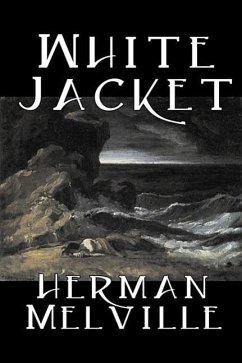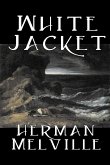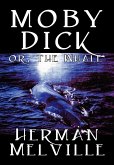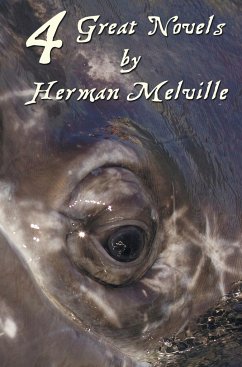The mixture of journalism, history and fiction; the presentation of a sequence of striking characters; the metaphor of a sailing ship as the world in miniature-all of these prefigure his next novel, Moby-Dick. The symbolism of the color white, introduced in this novel in the form of the narrator's jacket, is more fully expanded upon in Moby-Dick, where it becomes an all-encompassing "blankness." Melville's (best known for his classic whaling novel) The White Jacket written by Herman Melville (best known for his classic whaling novel) was first published in 1850 and is considered to be a semi-biographical book, written from Melville's own personal experiences while returning home to the Atlantic Coast from the South Seas with the American Navy on a man-o-war vessel. In the note preceding the novel, Melville states, "In the year 1843 I shipped as 'ordinary seaman' on board of a United States frigate then lying in a harbor of the Pacific Ocean. After remaining in this frigate for more than a year, I was discharged from the service . . ."
Hinweis: Dieser Artikel kann nur an eine deutsche Lieferadresse ausgeliefert werden.
Hinweis: Dieser Artikel kann nur an eine deutsche Lieferadresse ausgeliefert werden.









